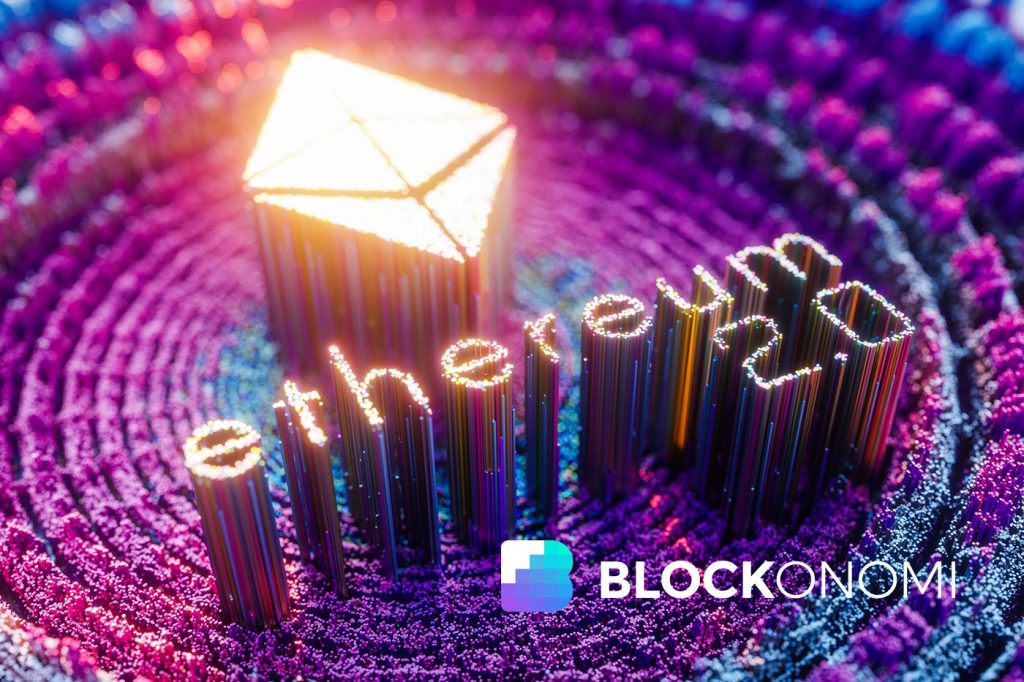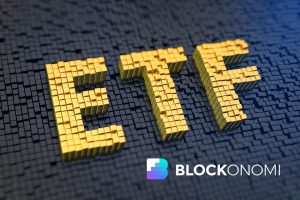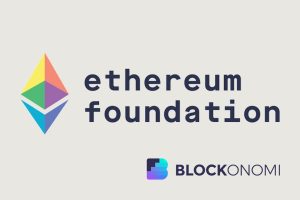OpenSea & Others Will Not Support Any Ethereum Forks, Post-Merge

Ethereum is currently receiving a lot of attention as The Merge update is getting closer. The upcoming update will focus on enhancing all of the cryptocurrency’s protocols in order to make the system more efficient and safe.
The upgrade has pushed major entities in the ecosystem to take the position.
Many exchanges are forced to decide whether or not they will back a potential fork of Ethereum (ETH). In the latest announcement, the leading non-fungible tokens platform OpenSea has announced it will only support the Proof-of-Stake (PoS) version of Ethereum.
OpenSea is Thinking Too Much
OpenSea, the largest marketplace dedicated to non-fungible tokens, revealed in a public post on Twitter that it would not support a potential fork of Ethereum (ETH) on its platform.
OpenSea, which gets the majority of its processing volume from the Ethereum blockchain, will stick with the official version of the network. As a result, NFTs from any new version of Ethereum in Proof-of-Work will be incompatible:
To wit,
“First, and most importantly, we are committed to solely supporting NFTs on the upgraded Ethereum PoS chain. While we won’t speculate on potential forks–to the extent forked NFTs on ETHPoW exist–they won’t be supported or reflected on OpenSea.”
The platform also states that it has already started preparing for The Merge update, and that it stays bullish on this transition.
OpenSea has not only been prepared to support the upgraded version of the PoS blockchain, but it has also been prepared for the OpenSea product, which will ensure a seamless transition.
Throughout the entirety of the transition, the NFT marketplace maintains its commitment to monitoring, managing, and communicating.
Its All About Growth
The long-awaited Merge update, which is expected in the coming weeks, allows for a transition from Proof-of-Work (PoW) to Proof-of-Stake (PoS) consensus by merging the classic blockchain with the Beacon Chain.
This update, however, is not in favor of everyone, and there is a good reason for that. The Merge will undoubtedly bring an end to the process of mining Ether, particularly with the difficulty bomb.
Some miners, the vast majority of whom have made significant financial investments in their devices, have expressed a desire to carry on with their work.
This implies that a clear distinction needs to be made between the future blockchain switched to PoS with the replacement of validators and that possibly forked in order to retain the possibility of mining.
This is why the major entities of the ecosystem, like OpenSea, must decide whether to support the coming forks.
Previously, Binance, the largest cryptocurrency exchange in the world, said that it would support the forked version of Ethereum. Huobi Global Exchange also follows suit with certain imposed conditions.
On the other hand, the company Circle, which issues the most capitalized stablecoin of the Ethereum blockchain, the USDC, has announced that it will uncompromisingly support the Proof-of-Stake version of Ethereum. Chainlink , the main oracle network in the ecosystem, will either not support the potential fork of Ethereum.
We Are Still in the First Inning
Participants in the cryptocurrency market have a lot of thoughts and opinions about the forthcoming update. In point of fact, a number of analysts are of the opinion that The Merge might have a sizable effect on a variety of projects.
Ethereum is not only the second most valuable cryptocurrency in the world but also the third most popular cryptocurrency overall. In addition to this, it serves as the hub of an ecosystem that connects numerous decentralized projects in the areas of token exchange platforms, loan production, and yield generation.
Every day, billions of dollars in cryptocurrency are exchanged in the Ethereum ecosystem. Furthermore, as the system’s carrier, Ethereum’s stability is critical to the operation of DeFi protocols that use this blockchain.
The latter are thus heavily reliant on the Ethereum consensus mechanism’s proper operation.
It is also not surprising that the report clarifies that DeFi platforms’ reliance on the Ethereum ecosystem may have an impact on stablecoin stability once The Merge operation is completed.















